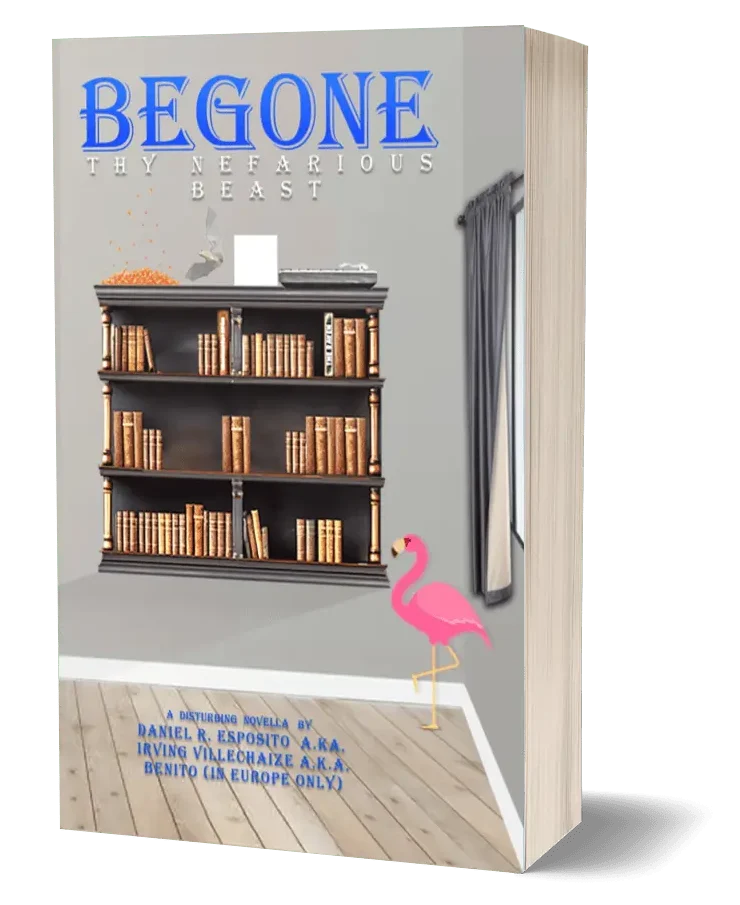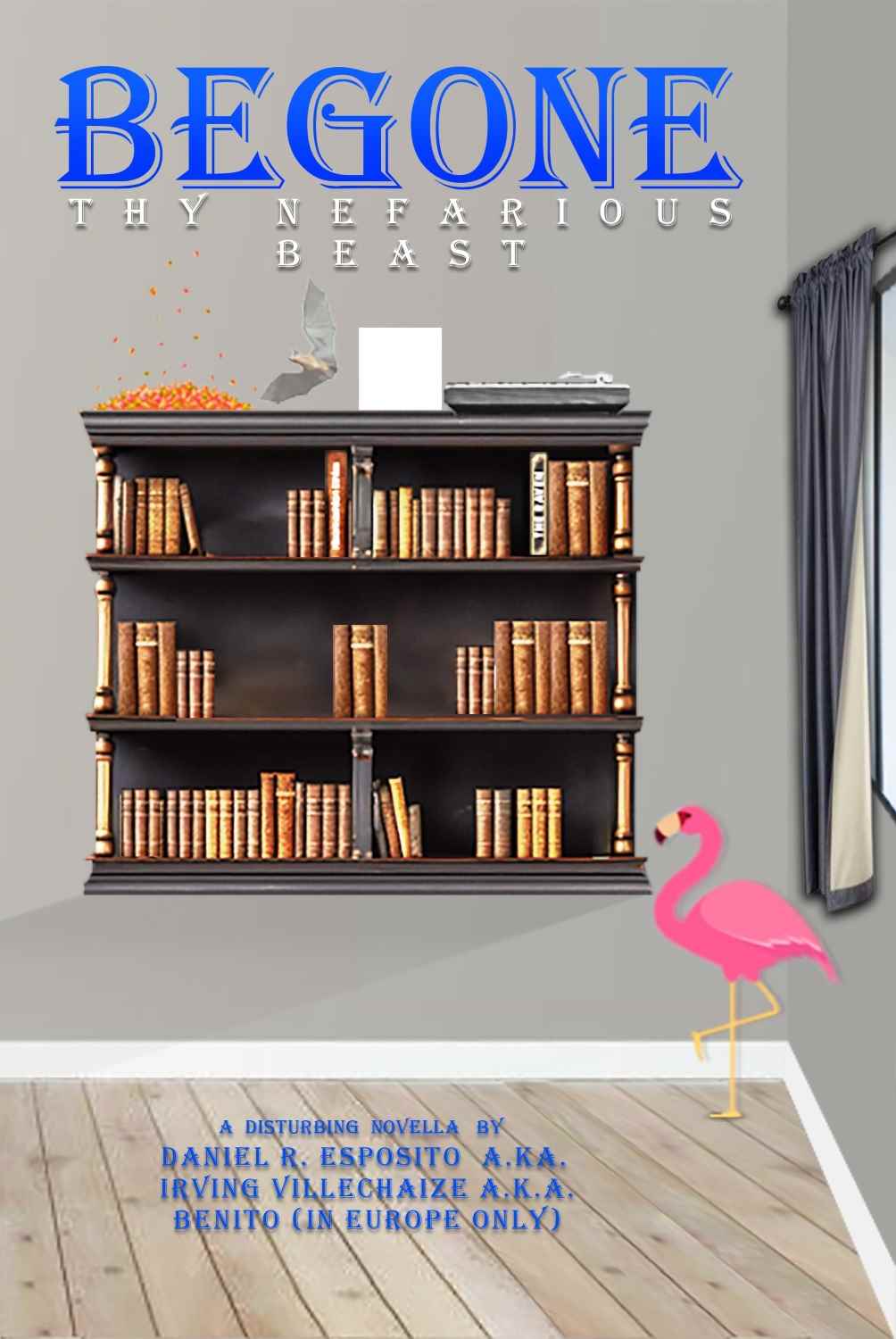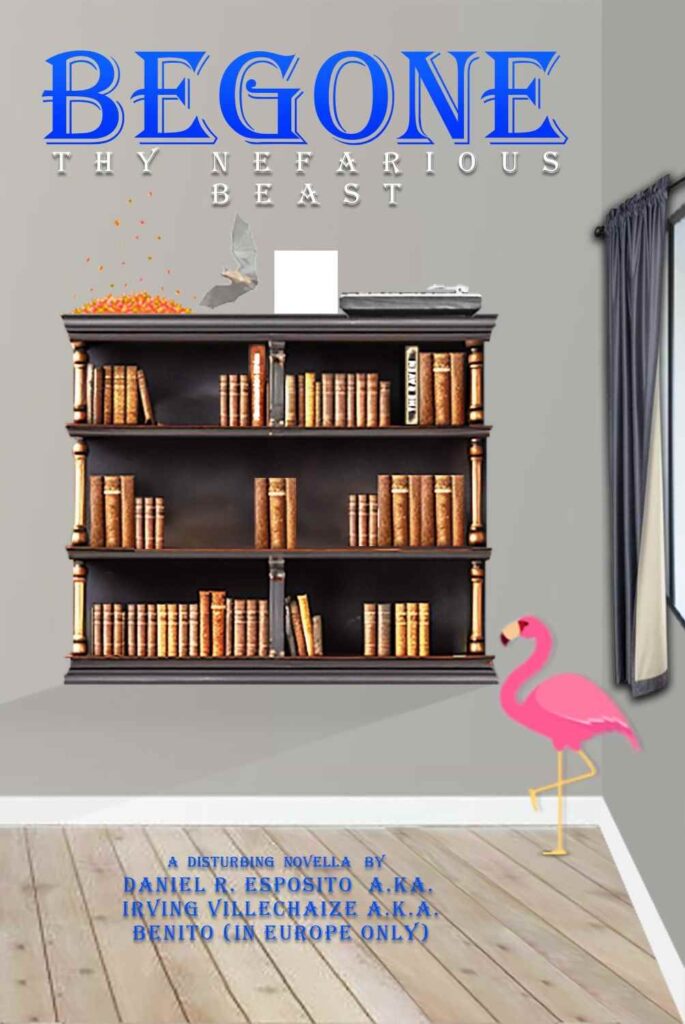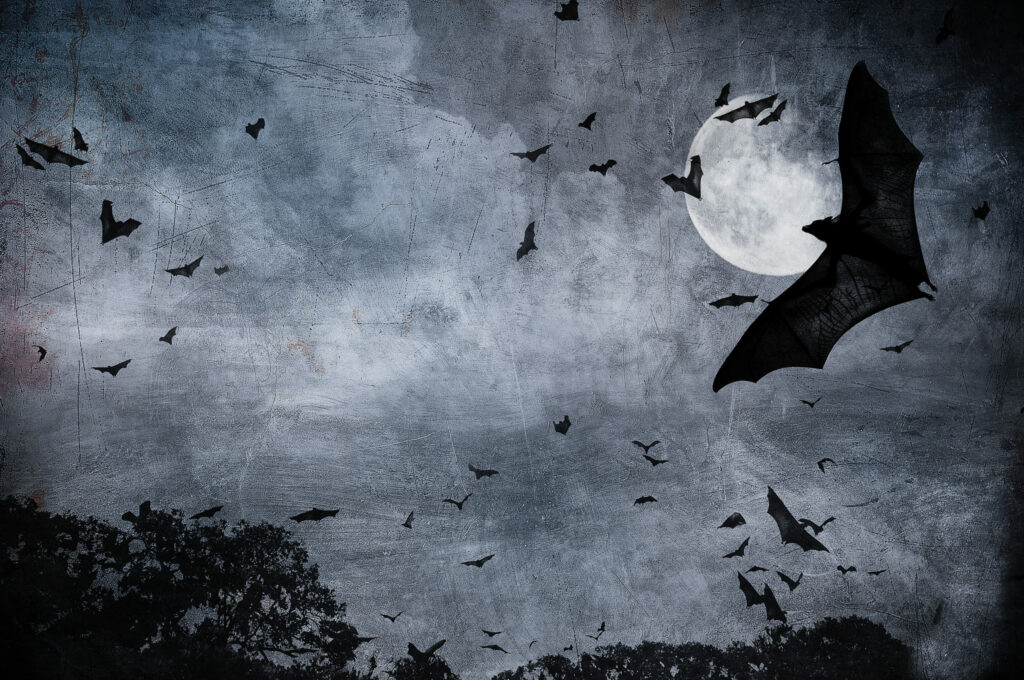
Absurdity and Chaos
The story explores the chaos a mysterious flying creature introduces, highlighting the absurdity of unexpected disruptions and how individuals and families respond to challenges that defy logic or reason.

Human Imperfection and Happiness
The novella examines human nature’s imperfections and the philosophical quest for happiness through surreal encounters with figures like Aristotle and John Lennon. It reflects on how balance and connection play essential roles in achieving fulfillment.

Parody and Literary Inspiration
Inspired by Edgar Allan Poe’s The Raven, the book uses parody to blend literary homage with satire, creating a fresh take on a classic while offering cultural commentary.
